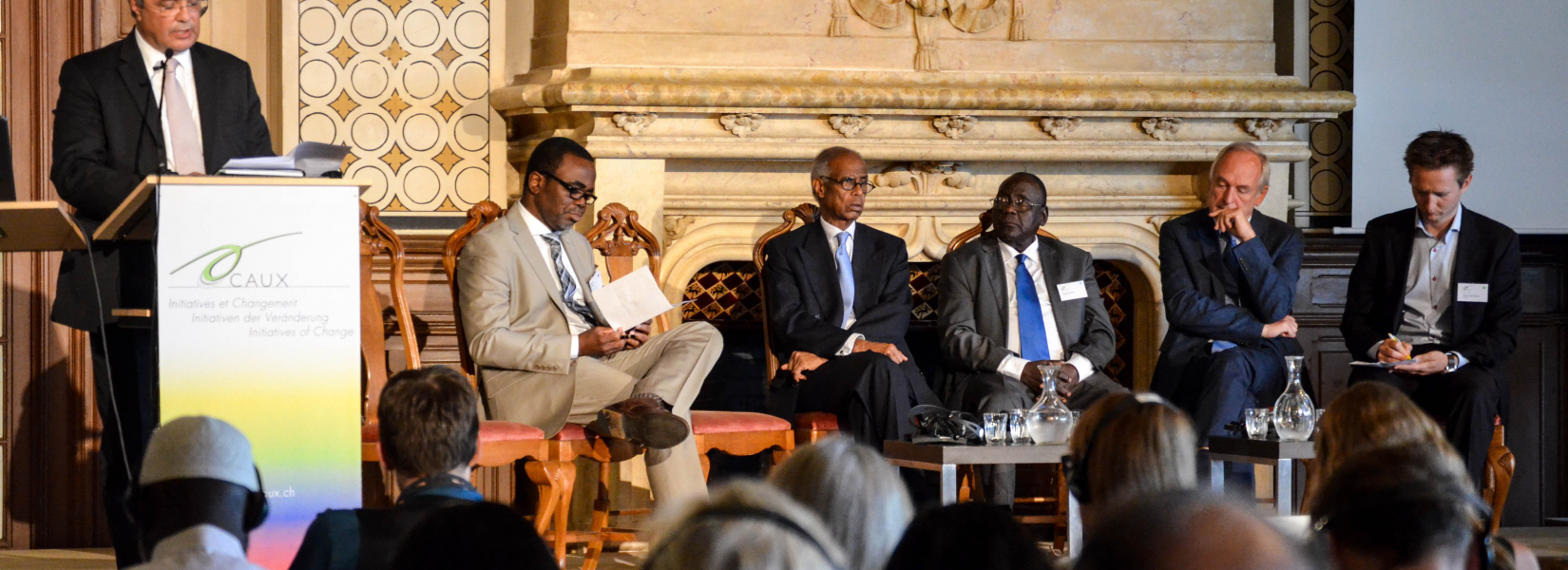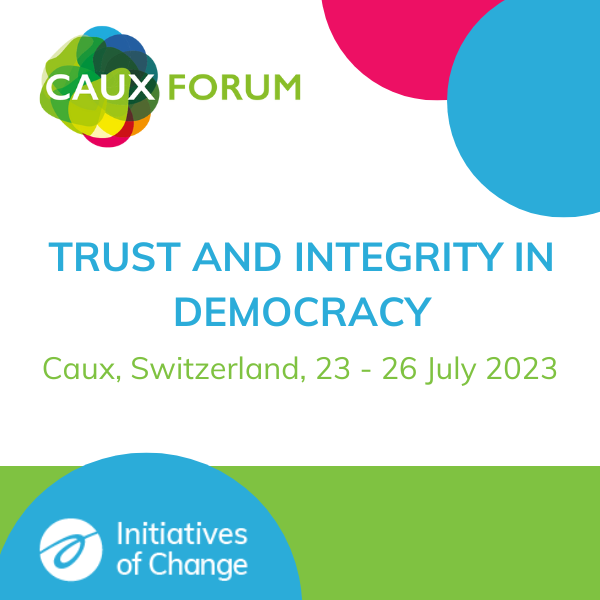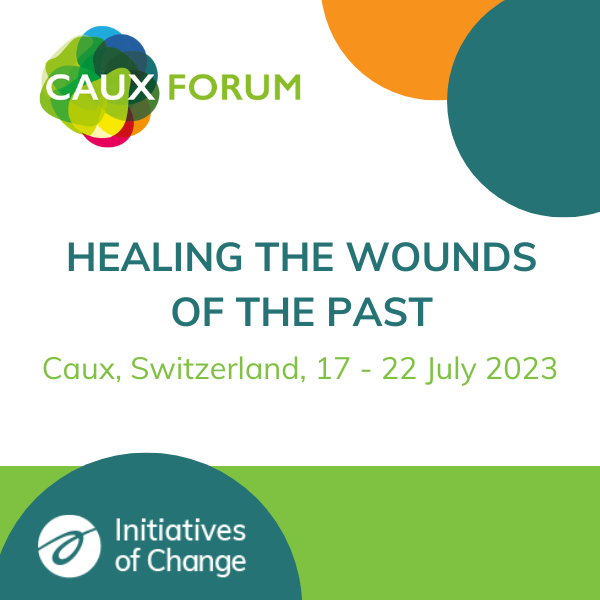CDLS 2015: Scaling up sustainable land management
15/07/2015The 3rd Caux Dialogue on Land and Security began on Friday evening 10 July. Rear Admiral Neil Morisetti, the former UK Climate and Energy security envoy from 2009-13, spoke to the participants on the importance of issues to be addressed in the conference. He stated that ‘increasingly the security community is […] recognising that environmental risk is as much a threat to national security as [it is] to human security’. Dr Michael Schluter, Chairman and CEO of Relational Research, and Ron Lawler, a member of the International Council of Initiatives of Change International also contributed by emphasising the importance of relationships in land management. Louise Baker, Policy and Advocacy Coordinator of the UNCCD, not only moderated this conversation, but also emphasized the ‘emotional’ nature of the issues being addressed.
On the second day, the morning panel presented practical solutions of land restoration, in which human and relational issues were foregrounded. Deputy Governor Gabriel Lagat, from Elgeyo Markwet County in Kenya said the following about relationships: ‘It is possible, if you unite people, to reach economic prosperity and peace in the drylands’. Rolf Shenton, Director of the Grassroots Trust NGO joined the plenary over Skype from Zambia and gave concrete examples of holistic management approaches that use both cattle and different varieties of crops. He reinforced the importance of sustainable land management techniques by saying that ‘we can’t just address social and economic issues, we must also tackle the environment problem holistically as well to achieve results’.
Other panelists included George ‘Miti Mingi, a.k.a Mr Trees’ Kamau Kiiru, forester and grassroots farmer in Kenya, who spoke of the importance of communities and livelihoods. Furthermore, Niguse Hagazi from the World Agroforestry Centre presented his agriculture and water management work in the Tigray region of Ethiopia. Tony Rinaudo spoke on behalf of World Vision Australia about the now famous ‘Farmer Managed Natural Regeneration’ (FMNR) process, and finally Michael Ben Eli, Founder of The Sustainability Lab presented the Wadi Attir project, a groundbreaking initiative set in the Bedouin Negev desert of Israël that is working with different crops and attempting to improve biodiversity levels.
After an interesting round of Q+As in which participants questioned issues of governance, Luc Gnacadja concluded the session by establishing the importance of dual approaches: ‘Often concepts are build top-down, but there is a strong value in bottom-up approaches’. He also reinforced the value of acting now: ‘it doesn’t take 10 or 20 years for land restoration. There is action to be taken today’. The first afternoon workshops explored rainwater harvesting, land tenure and migration aspects, as well as relational issues while the second session looked at questions of leadership, gender balance and scaling up opportunities. The evening welcomed an eclectic crowd of NGOs and participants for a lively initiatives fair of ideas.































